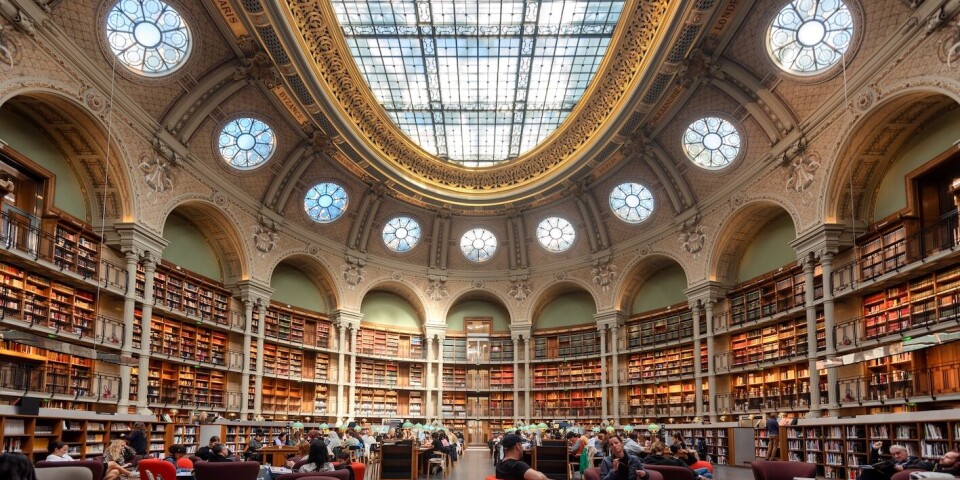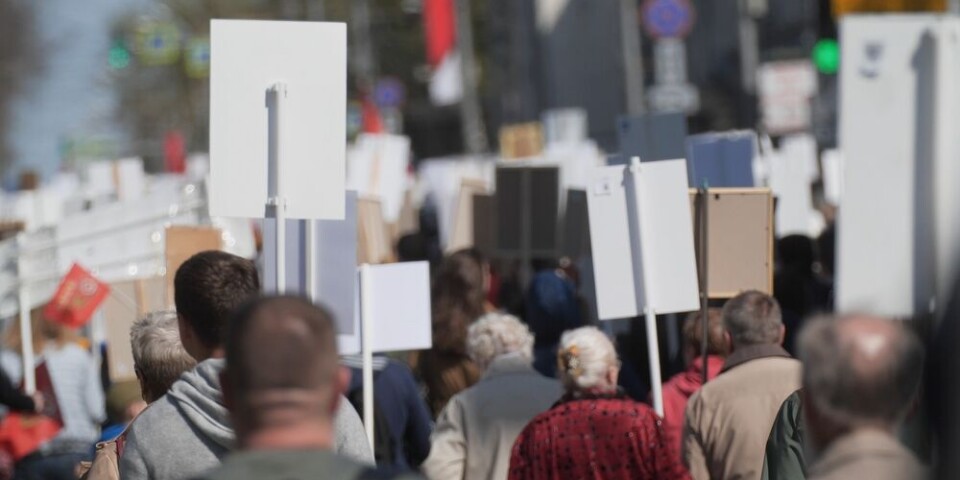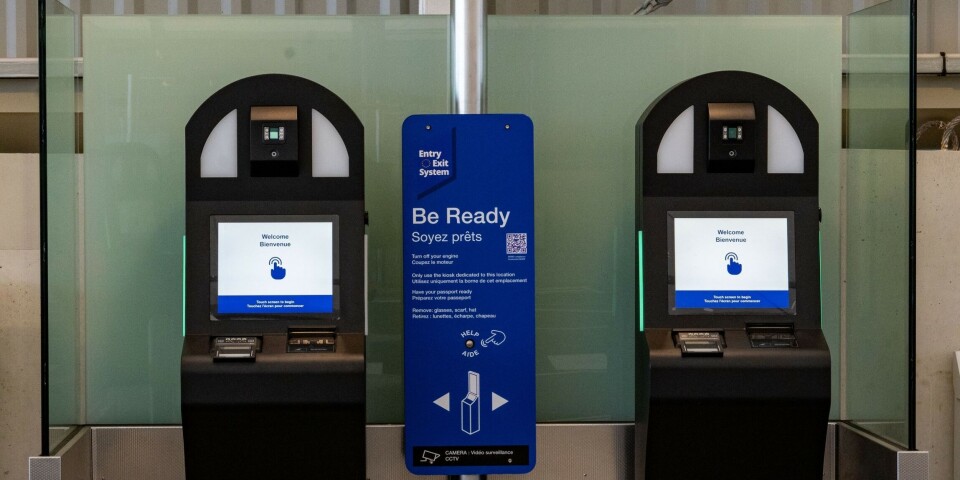What is the point of Jean-Luc Mélenchon?
Readers of a certain age will remember Tony Benn, the British hard-left MP, who (contrary to the norm) went further left as he got older and was, in his 80s, to be found on every leftist protest march going, and espousing every hard-left cause he could find. Mr Mélenchon appears to be similar, only without the geniality.
And he also appears to be rendering himself and his party, La France Insoumise (LFI), entirely irrelevant.
Jean-Luc Mélenchon has become adept at allowing other politicians to paint him and his party as increasingly pointless by his extremist and absolutist tactics in conducting political activity and discourse.
By tabling a series of no-confidence motions against the admittedly weak, and probably doomed, government of François Bayrou, he crashed his own coalition (the Nouveau Front Populaire) with the Parti Socialiste (PS), of which he himself was a long-time luminary until he left it over doctrinal issues in 2008.
The PS saw nothing to gain from these reckless acts, which were condemned to failure from the start.
He also allowed the Rassemblement National, the party of the hard right, to depict itself as statesmanlike in repudiating the votes as ones that threatened to destabilise French politics even further.
Mr Mélenchon began his political life as a Trotskyist, became almost mainstream in the era of François Mitterrand and Jacques Chirac, but now appears to have become a Marxist.
Instability, with its echoes of permanent revolution, is just what he craves.
More level-headed politicians in his former leftist coalition realise it is among the last things the vast majority of French voters want: they just wish for a quiet, happy, prosperous country.
That reasonable aim is also contradicted by Mr Mélenchon, who detests capitalism.
He is one of those leftists – and there are quite a few of them in Britain too, including in the government – who want to destroy capitalism but do not stop to think what would be left to be taxed in order to pay for all the state provision of which they dream.
In 2022, Mr Mélenchon came within 1.8% of making the second round of the presidential election.
He is unlikely to be so successful next time, if he runs – he would be almost 76 by then.
He could console himself with the thought that the French would be more likely to dig up Marshal Pétain and make him president than to put Mr Mélenchon in the Elysée Palace.
Instead, his rampantly self-indulgent and narcissistic grandstanding has been interpreted as a desire to make political statements and not to win power, and his former coalition partners have acted accordingly.
By breaking away from LFI, the PS (which has not had a sniff of power since François Hollande left office in 2017) can now start a process of reconstruction.
Even if this does not win it power in 2027 – and it likely will not – it is a start on the road back to respectability and credibility.
Meanwhile, Mr Mélenchon looks more and more like a geriatric student activist, talking increasingly to himself and a shrinking group of zealots of questionable sense and harbouring a number of equally questionable opinions.
Apart from their desire to destroy capitalism, their predictable loathing of Israel – common to hard left movements around the world now – occasionally seems to verge on anti-semitism, something for which ever since the Dreyfus Affair and the Drancy internment camp, the French have had a highly regrettable reputation.
Marine Le Pen learned this when she kicked her late father out of the old Front National for holding similar opinions: she knew there was no future for a party in which one of the senior members thought Hitler’s genocide of the Jews was a ‘detail of history’.
Last year the president of the Assemblée nationale, Yaël Braun-Pivet, accused Mr Mélenchon of being an anti-semite after he claimed, following her visit to Israel, that she had been “camping out” in Tel Aviv to encourage that country’s “massacre” of people in Gaza. Others have accused him of playing down anti-semitism in France.
The writer and broadcaster Alain Finkielkraut wrote in Le Figaro last summer that Mr Mélenchon was “the leader of contemporary Judeophobia” and even suggested that he “raised the spectre” of Hitler.
The no-confidence votes in Mr Bayrou were triggered by his decision to use article 49.3 of the French constitution to drive through a social security budget that would never have passed by a conventional vote.
Mr Mélenchon fell well short of the 289 votes needed to force the prime minister’s resignation.
An opinion poll showed that two-thirds of the French electorate who – to use the RN’s phrase – have had enough of instability were glad he survived. Mr Bayrou limps on, but he will not last for long.
When he does go the sensible parties who evict him, including the RN, will simply say that the interests of France were best served by finding someone else.
That someone else – who will not be Mr Mélenchon or one of his nominees – will in due course suffer the same fate.
There may be new parliamentary elections next summer, the earliest point at which they are constitutionally permitted, but they would probably deliver an outcome President Emmanuel Macron would find even more unpleasant than he did after last summer’s poll.
As stubborn as Mr Mélenchon, he cannot see that the least humiliating course for him would be to resign as president and allow a new election in a political climate that has changed entirely since he took office in 2017.
As for Mr Mélenchon, he will continue to do a serviceable impression of a dinosaur. He is turning into the Jean-Marie Le Pen of the hard left.
That he, too, continues to pursue a politics that a vast majority of the French find offensive and preposterous seals him a place in history, but not one that he should covet.
































